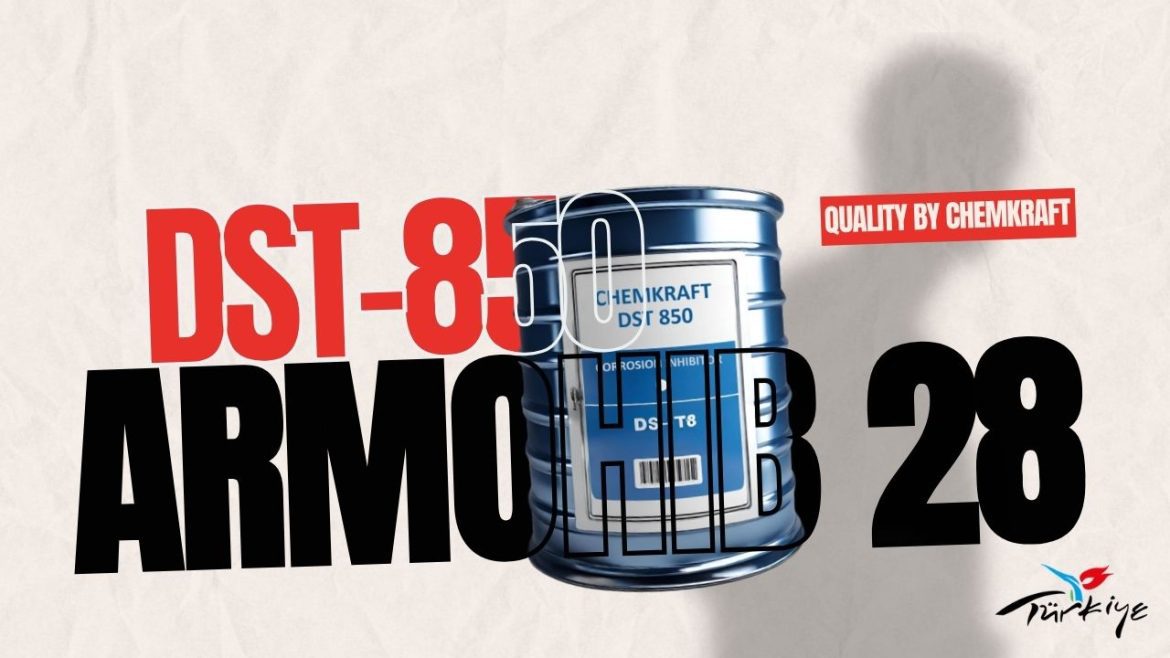Introduction:
Armohib 28 and Equivalent Inhibitor Products: In the field of chemical inhibitors, experts have long recognized Armohib 28 by Akzo Nobel as a gold standard for polymer stabilization and UV protection.However, as the demand for such inhibitors continues to grow across industries, other companies have stepped up to offer their own equivalent products. This article aims to delve into the features, benefits, and applications of Armohib 28 by Akzo Nobel, while also exploring comparable inhibitor products from alternative manufacturers.
Armohib 28 by Akzo Nobel:
Akzo Nobel developed Armohib 28, a hindered amine light stabilizer (HALS) known for its exceptional performance in polymer stabilization and UV protection. Various industries, including coatings, adhesives, plastics, and agriculture, widely use this versatile inhibitor to enhance the durability and longevity of polymer-based materials exposed to sunlight.
Key Features and Benefits of Armohib 28:
step 1:
- UV Protection: Armohib 28 effectively scavenges free radicals generated during UV-induced photodegradation, thereby preventing the breakdown of polymers and preserving their structural integrity.
- Long-lasting Stability: By inhibiting degradation mechanisms, Armohib 28 extends the lifespan of polymers, ensuring that products maintain their performance and appearance over time.
- Versatile Applications: Armohib 28 is compatible with a wide range of polymer systems, making it suitable for various applications, including coatings, adhesives, sealants, and agricultural films.
- Environmental Sustainability: Akzo Nobel is committed to sustainability, and Armohib 28 is formulated with eco-friendly ingredients and manufacturing processes, minimizing its environmental impact.
Equivalent Inhibitor Products by Other Companies: While Armohib 28 has long been a preferred choice for polymer stabilization, several alternative inhibitor products from other companies offer comparable performance and features. These equivalent products serve as viable alternatives for manufacturers seeking high-quality inhibitors for their specific applications.
step 2:
- Tinuvin® by BASF: Tinuvin®, manufactured by BASF, is a HALS inhibitor that provides excellent UV protection and stabilization for polymers. Similar to Armohib 28, Tinuvin® is compatible with various polymer systems and offers long-lasting performance in outdoor applications.
- Chimassorb® by BASF: Chimassorb®, another offering from BASF, is a UV absorber and light stabilizer widely used in the plastics industry. Like Armohib 28, Chimassorb® effectively prevents photodegradation and extends the lifespan of polymer-based materials exposed to UV radiation.
- Cyasorb® by Solvay: Cyasorb®, produced by Solvay, is a HALS inhibitor renowned for its superior performance in polymer stabilization and UV protection. With its broad compatibility and excellent efficiency, Cyasorb® offers comparable benefits to Armohib 28 in various industrial applications.
Choosing the Right Inhibitor: When selecting an inhibitor for specific applications, manufacturers must consider factors such as compatibility, performance requirements, environmental considerations, and cost-effectiveness. While Armohib 28 by Akzo Nobel remains a benchmark in the industry, equivalent products from other companies offer viable alternatives tailored to specific needs and preferences.
Conclusion:
Armohib 28 by Akzo Nobel has long been regarded as a top-tier inhibitor for polymer stabilization and UV protection. However, alternative products from companies like BASF and Solvay offer comparable features and performance, providing manufacturers with a diverse range of options to meet their specific requirements. As the demand for high-quality inhibitors continues to rise, the availability of equivalent products underscores the importance of choice and flexibility in the industrial sector. Ultimately, whether selecting Armohib 28 or its equivalent, manufacturers can rest assured knowing that they have access to effective solutions for safeguarding their polymer-based materials against degradation and environmental damage.









